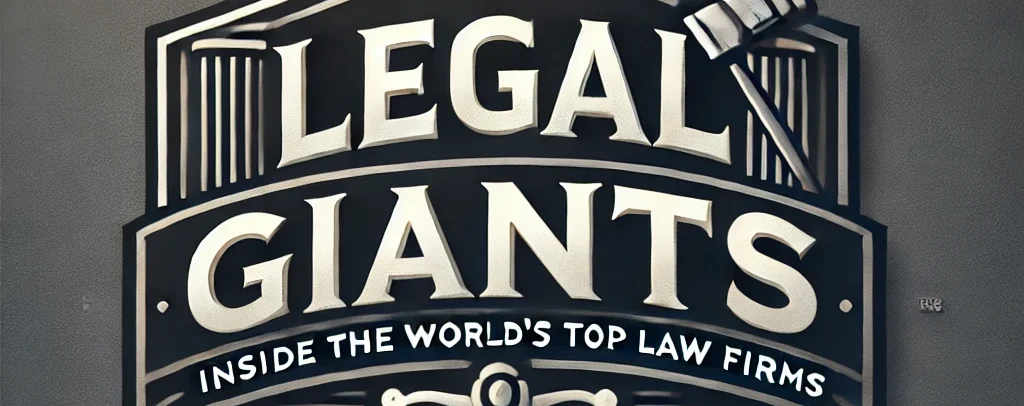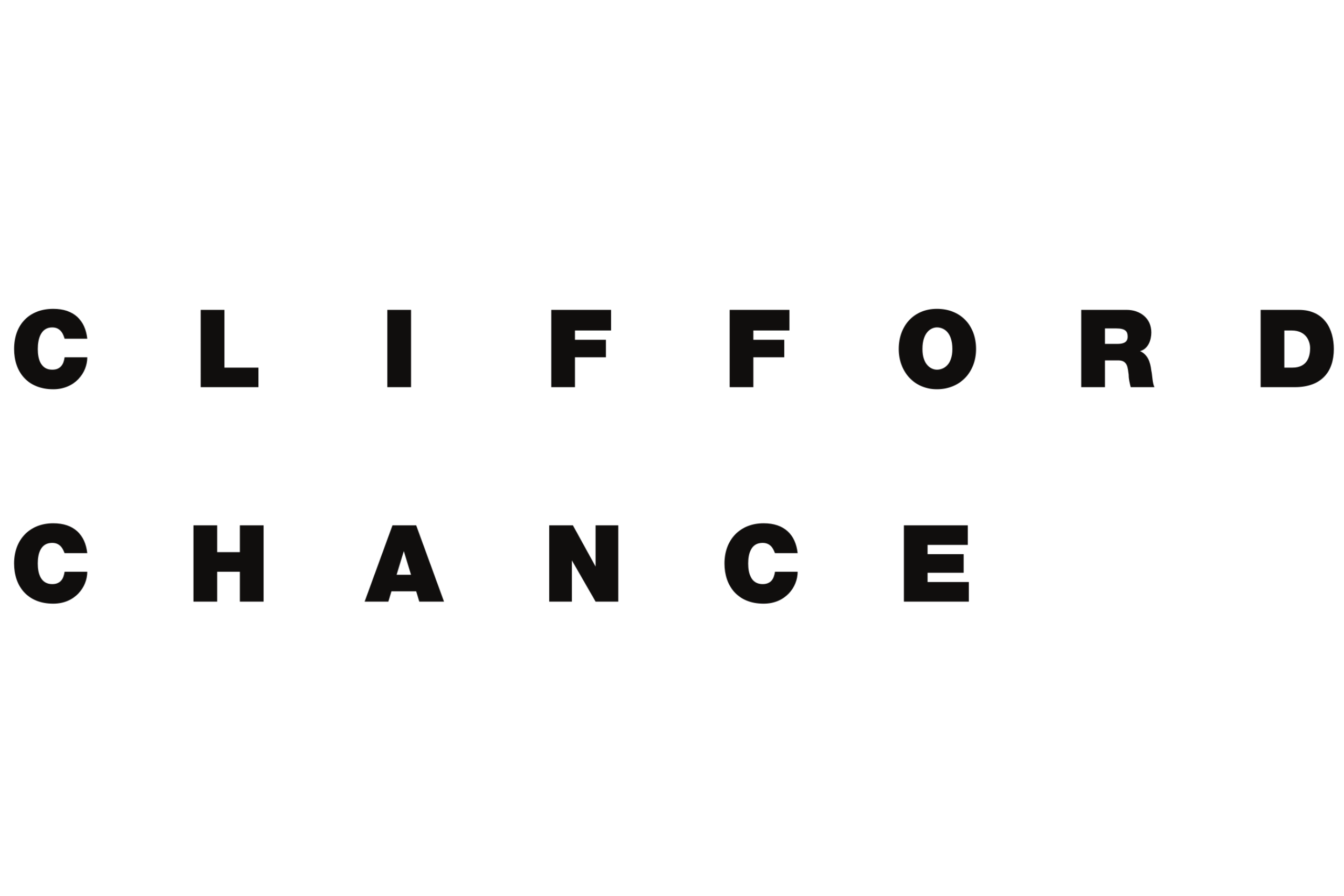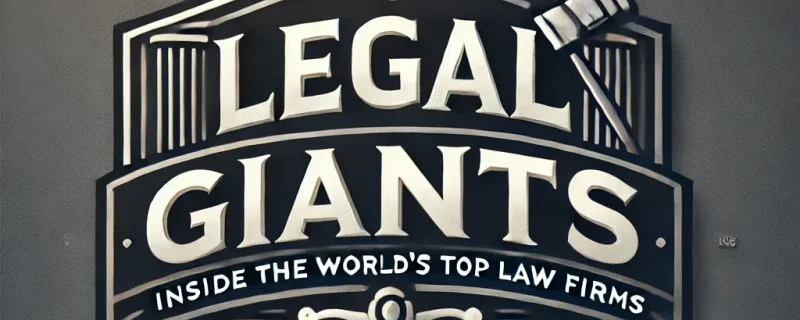Promoting such judicial economy is no easy feat, however, as we learn when speaking to Celeste Poltak. Oftentimes it takes years, maybe up to ten, for a conclusion to be drawn and after years of appeals and to-ing and fro-ing.
Speaking to Celeste this month, she explains more about class actions and the important role they place in the justice system.
How do class actions play an increasingly important role in the civil justice system?
The advent of class proceedings legislation has been one of the greatest equalizers our justice system has experienced in the last two decades. Before this regime, many meritorious cases were left to languish because they were deemed completely financially impossible for individuals to bring on their own against well financed corporations or governments. Access to our civil courts has become out of reach financially for the overwhelmingly majority of Canadians. The Supreme Court of Canada has itself gone so far as to coin protracted litigation the "sport of kings", in the sense only kings can now afford it. This is an untenable reality in the year 2019 in this country. The very purpose of the class proceedings regime is designed to increase access to justice and promote judicial economy. So now a class of persons who have been harmed as a group can aggregate their claims together, which goes a long way in levelling the playing field in a way an individual acting on their own for just their personal loss never could. The ancillary benefit for class members is that they do not have to pay any legal fees unless they are successful, they have protection from costs awards through class counsel or indemnifiers and they can play as little or as large a role as they wish in the litigation.
. One of my cases went to the Court of Appeal four times, along with four attendant leaves to the Supreme Court of Canada. Patience and resolve mean everything in this practice area.
What challenges may you face along the way?
One of the greatest challenges in this area is that by definition, you are acting for a group of persons who has been subjected to mass or common harm. When a group experiences that on account of their race, socio-economic status or disability, the obvious outcome of litigation is not always just financial restitution like it might be with traditional civil litigation. No two class actions are ever the same, so the end game goal for class members can be very far-reaching: public apologies, future programmatic relief, remediation, charitable donations or simply pushing the boundaries of establishing new law. The one thing all class actions tend to have in common is that they rarely have speedy resolve. The issues are often ones of first impression and the stakes are high for both sides so virtually everything gets appealed. You have to be prepared to throw yourself and your firm into a case for a very long time and risk much time, money, effort and treasure. One of my cases went to the Court of Appeal four times, along with four attendant leaves to the Supreme Court of Canada. Patience and resolve mean everything in this practice area.
The more cases one does like this, the more you realise the magnitude of the work that is left to be done.
You have worked on some of the most notable and historic Canadian cases – what lessons have you learned from them?
First and foremost, I am immensely grateful to have had the opportunity to work on cases like Residential Schools, Sixties Scoop, the purge of LGBQT members of the military, disabled institutionalised persons and the Ecuadorian villagers against Chevron, to name a few. History looms large in actions like these so putting aside the legal issues, it is has been a vastly informative historical lesson for me. From the circumstances surrounding Newfoundland's Confederation with Canada, the legacy of residential schools, the appalling state and evolution of our institutions for vulnerable persons to the manner in which certain mining companies have traditionally operated, it has been an eye-opening history lesson.
I have also learned the value for some of our society's most marginalised persons of simply having their stories heard, many for the very first time. It is very unsettling that so many people across Canada live in incredibly desperate straits, often in deep suffering as a result of events from their past. For many of these people, a class proceeding represents an opportunity for them to have a platform to voice their experiences and harm. There is great power to this as there can be no healing without truth first.
Lastly, I have come to feel quite small in the enormity of it all. The more cases one does like this, the more you realise the magnitude of the work that is left to be done. Following the last of nine court attendances across Canada in the Yukon to approve the Pan-Canadian settlement in 2006, I remember walking out of the courtroom into a snowy October night and instead of feeling a sense of accomplishment, I felt an overwhelming feeling that this was just a small step forward on a long path ahead.
Politics is not easy but it matters..
What has been your biggest achievement in the past year?
The thing I am most proud of during 2019 actually has nothing to do with practicing law, but many traits I have learned as a lawyer that were my saving grace. My spouse was running for re-election in the Federal Election this fall and for about 100 days in a row, I worked on his campaign. I did everything from fundraise, debate preparation, install law signs, organise rallies and recruit volunteers. But the one thing I did every single day was knock on doors. It is, all at the same time, the most humbling, humiliating, inspiring and interesting experience. By the end of the campaign, I had literally knocked on tens of thousands of doors, worn out many pairs of sneakers and advocated policy issues ranging from climate change, electoral reform, indigenous issues, immigration, deficits, veterans' affairs, protection of the Artic, Canada's relationship with China, community safety, dignity for seniors and everything in between. In essence, I spent every single one of those days talking and arguing about what matters to all Canadians. It is not for the faint of heart. But the lessons I have learned from practicing law got me through every day and every conversation: stamina, advocacy and the will to never give up. Failure was not on the table. This was my most prideful achievement over the last year not just because my spouse was re-elected. I reflect with pride because at the time it felt insurmountable, yet one day and one door at a time we managed to change the hearts and minds of our neighbours. This last election placed our values and what it means to be Canadian right at the forefront. In my own way, I played a very small role in that battle. Politics is not easy but it matters.
Practicing law is a craft and a profession, not a job. Be grateful for that and for all that you are in a position to contribute.
Do you have a mantra or motto that you live by?
I grew up in British Columbia and even though I haven't lived there for thirty some years, it will always be the sea and the mountains that ground me and help me breath. So I have in my home office a very large print of the coastal mountain range and impressed upon the range are just two words: "Keep Going". I also truly believe that nothing in this life that matters comes easily. Important stuff is tough. There are simply no short cuts. I accept that. That has really helped me personally, professionally and politically. My other favourite motto which I also have in my office is "Keep your head up". It was a gift from my spouse after I endured the most colossal legal defeat of my career. I look at it every day and its truth makes me smile every time I see it. So keep your head up and keep going.
Any advice to the next generation of advocates and litigators?
You will not have perfect balance every day in this profession. Embrace that. There will be times when your work consumes your life but those are the moments that you will look back on and remember learning the most and having the best opportunities, if not stories. Practising law ebbs and flows. It infuses your life in waves. You will find your balance in time. I have done two four month trials, both outside of Toronto, which test your resolve to be sure. One I won and the other I went down in flames. Both cases lasted a decade. While they consumed me for those chapters in my life, they also turned out to be two of my favourite cases I ever got to work on and I even miss them some days. All to say is that in the fullness of time, you won't regret them. These bring other chances and opportunities to learn, shine and test your limits. You won't win them all but they bring other worthy victories. Practicing law is a craft and a profession, not a job. Be grateful for that and for all that you are in a position to contribute.
Celeste Poltak
Partner
T: +1 416-595-2701 | F: +1 416-204-2909 | E: cpoltak@kmlaw.ca
Koskie Minsky LLP, 20 Queen Street West, Suite 900, Toronto, ON. M5H 3R3
kmlaw.ca
I am approaching my twentieth year of private practice and am a partner at Koskie Minsky LLP in Toronto, practising exclusively in plaintiff-side class proceedings. The Firm also specialises in labour law, pensions and civil litigation and our motto is "Justice Matters".



















